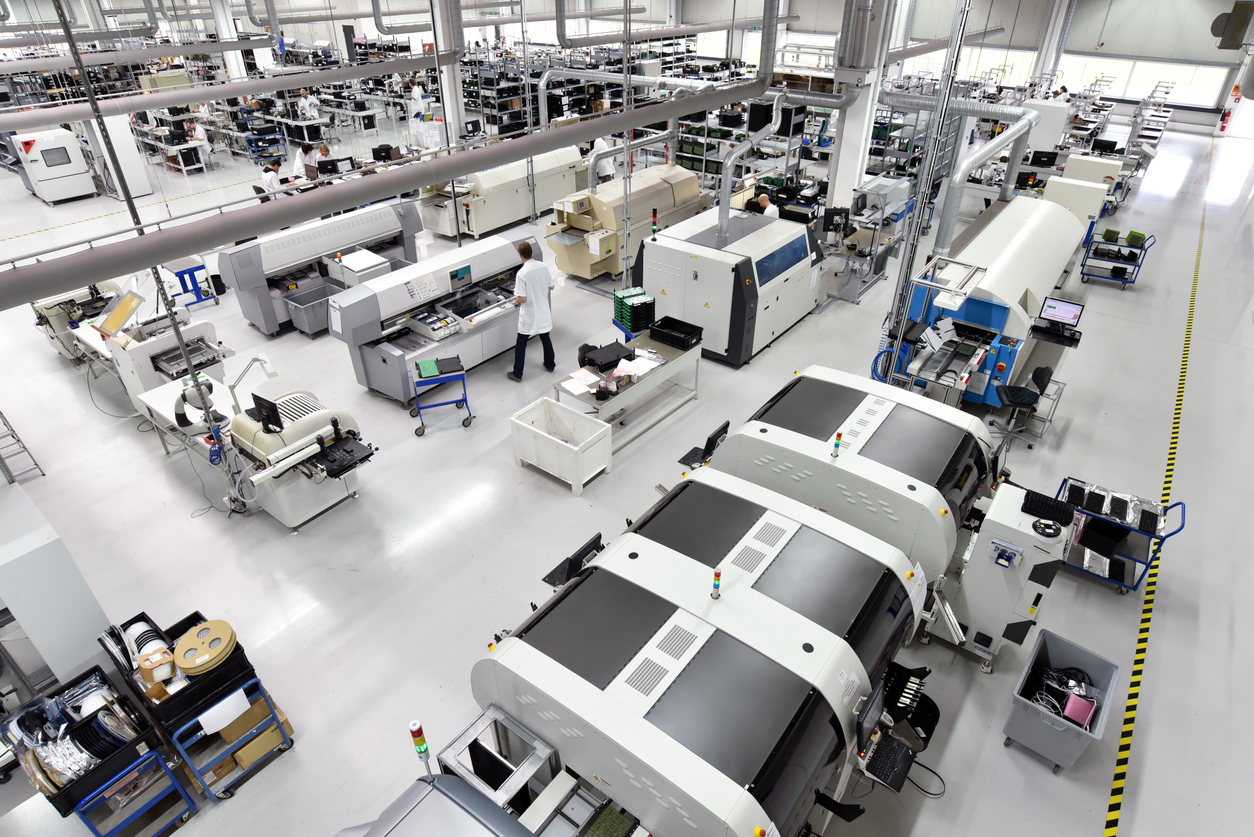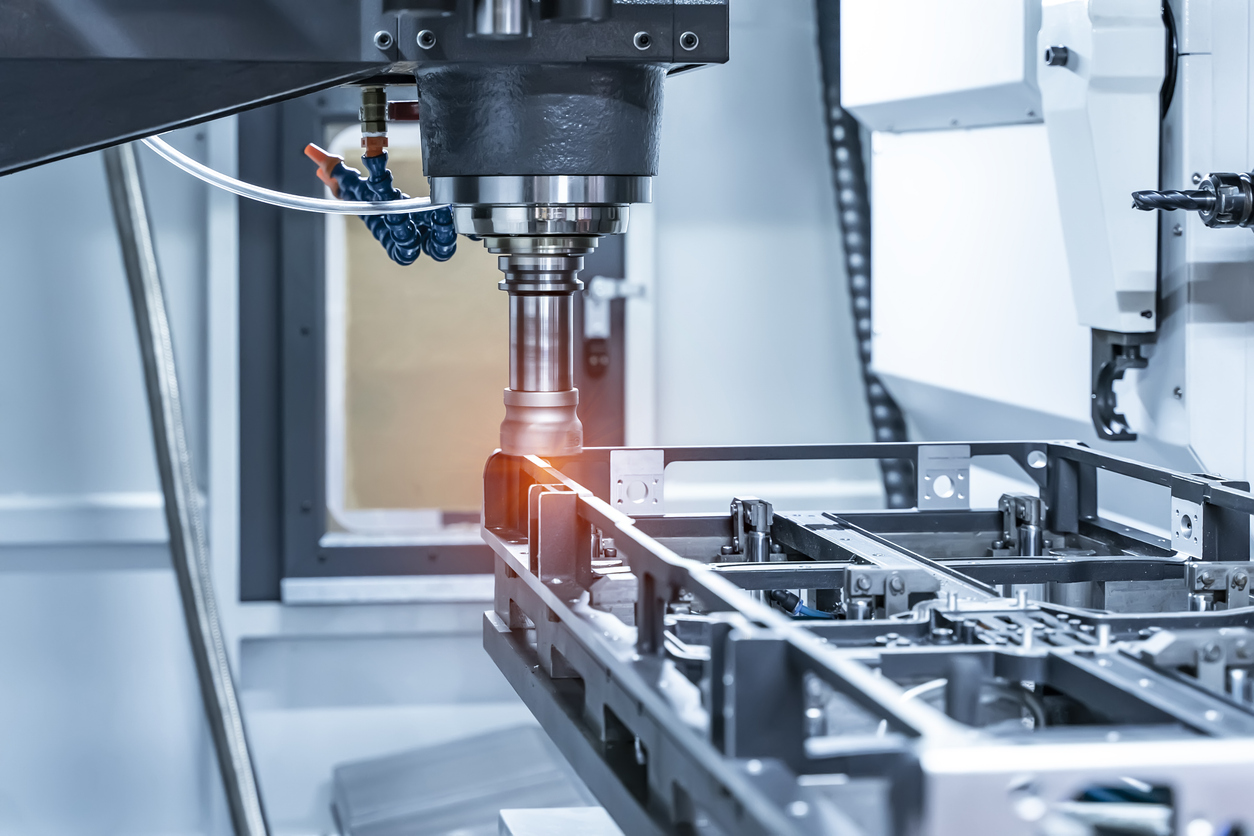3 min read - 4 Nov, 2025
Make UK warns of deindustrialisation risk from Budget business tax increases
Make UK is urging the government to use the forthcoming Budget to focus solely on measures to boost growth, warning that any further increases in business taxes, as well as a continued failure to reduce industrial energy costs, risk setting the UK on a path to significant deindustrialisation.
The call comes on the back of data published by Make UK showing that manufacturers’ business costs have already risen significantly this year in response to the increase in National Insurance Contributions (NICs), while companies fear further cumulative burdens and costs from the changes to Inheritance Tax and the looming implementation of the Employment Rights Bill.
Furthermore, according to Make UK, there remains an urgent need to reduce the UK’s industrial electricity prices, which it described as an ‘existential threat’ to the short-term survival of many companies. Make UK expressed dismay at the lack of progress on bringing forward the consultation on the British Industrial Competitiveness Scheme (BICS), given that four months have elapsed since the proposal was announced.

In response, Make UK is calling for six key measures to be announced in the Budget:
• An expansion of the BICS to all manufacturers, which must be backdated to June 2025. Currently, the scheme only benefits 7,000 of the most energy-intensive manufacturers.
• A ringfencing of the £1.1bn raised from the Growth & Skills Levy for investment in the skills system to ensure that manufacturers are supported to invest more in the high-value training that they need.
• A targeted exemption from business rates for investments in green technologies. At present, manufacturers installing energy-efficient machinery can face higher rateable values.
• A commitment to no further increases in NICs.
• A targeted electrification discount for companies switching from natural gas or oil to electricity. This will be an essential mechanism to accelerate industrial decarbonisation and support net zero goals.
• Expansion of full expensing to include leasing.
Stephen Phipson, CEO of Make UK, said: “Business is facing a potent combination of weak demand at home and abroad, as well as escalating costs across the board. If we are to get growth of the floor, then it is going to be business that provides it, and this budget simply has to have growth as the number one focus.
“In particular, energy costs are now an existential threat to deindustrialising the UK and we need to get them down as a matter of urgency. Government needs to stop sitting on its hands on the energy support scheme and continually kicking the can down the road, hoping the problem will resolve itself. The scheme needs to be brought forward and backdated to when it was first announced.”

According to new data released by Make UK, almost three-quarters (70%) of companies are bracing themselves for tax increases, while more than two-thirds (68%) said their costs have already risen more than expected in the last six months, forcing more than half (58%) to raise their prices. Almost a similar number (53%) intend to raise their prices in the next six months.
Furthermore, more than nine in ten companies say the increase in NICs has impacted their business in the form of reductions in pay increases (54%) and pay freezes (29%). Half of companies (51%) have frozen recruitment.
Looking forward, 95% of companies are concerned about the Employment Rights Bill, while over two-thirds of companies (67%) say it will negatively impact their business. Furthermore, Make UK warned that little progress has yet been made in reversing the 41% decline in engineering and manufacturing apprenticeship starts since 2017. While there are welcome steps towards a more flexible Growth and Skills Levy, the removal of levy funding from most level 7 apprenticeships risks valuable apprenticeship training becoming unavailable to companies.
This data is from various Make UK surveys between July and September.